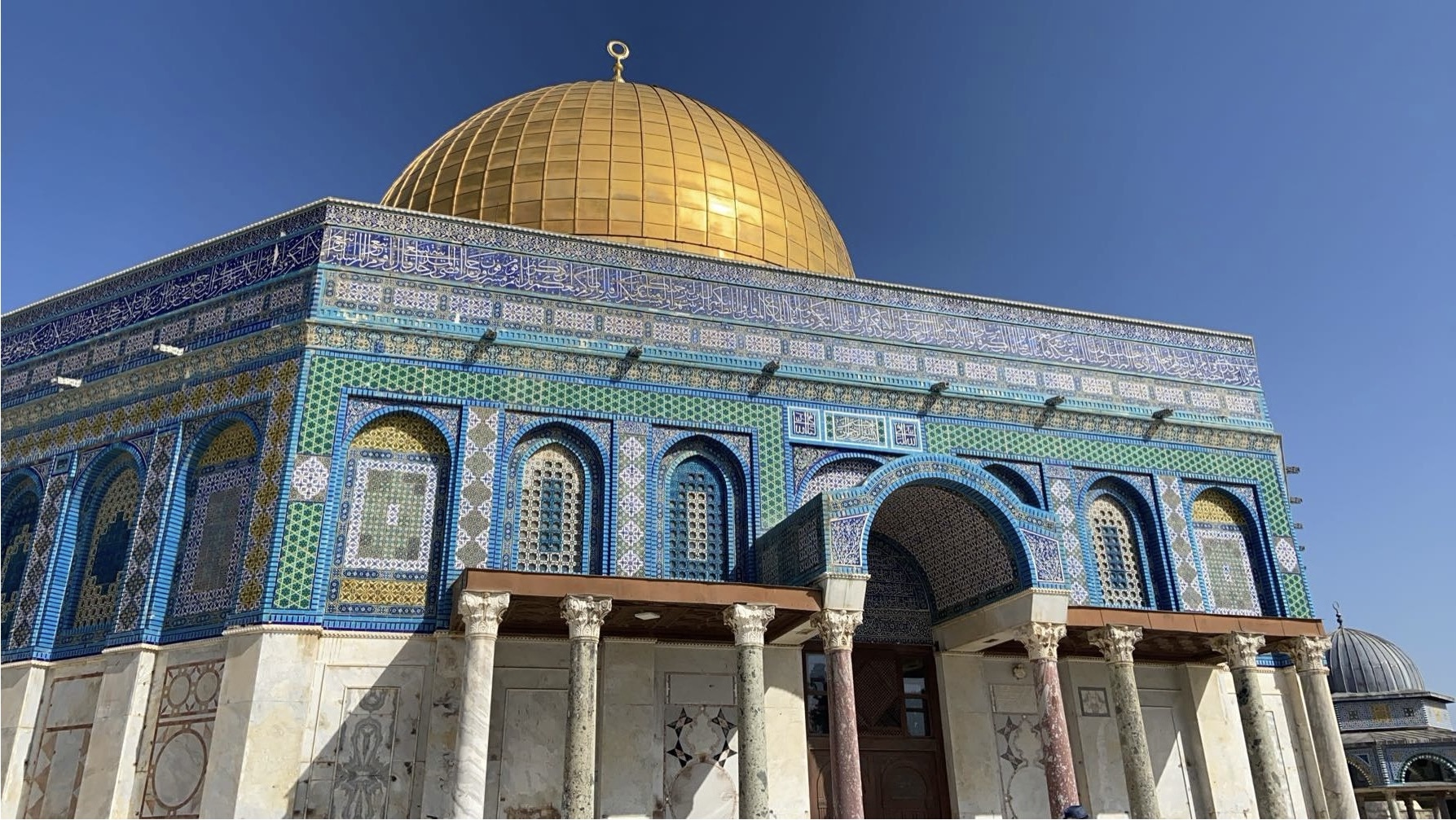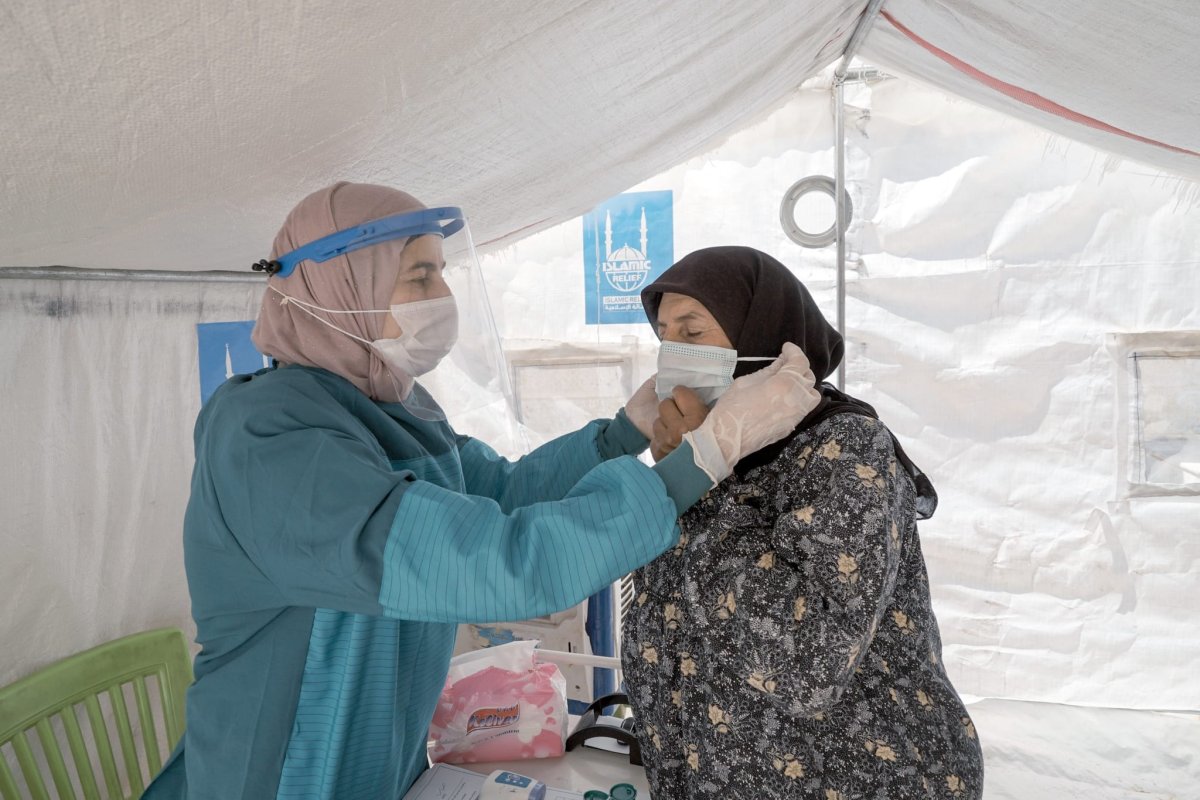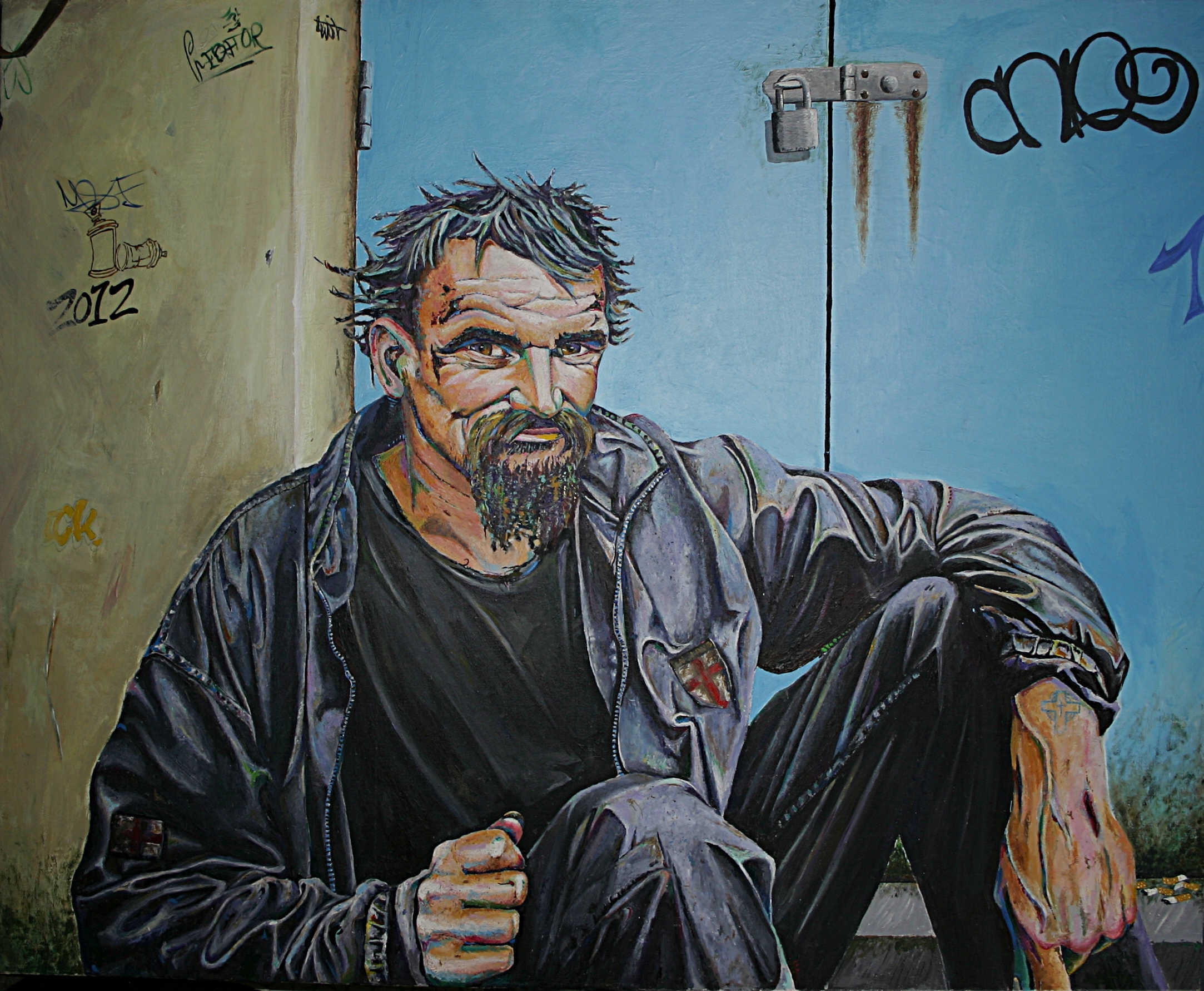The sacred month of Ramadan is the most significant period in the Muslim calendar, but for those living in Palestine the observation is heavily overshadowed by the ongoing conflict with Israel.
What traditionally should be a period of spiritual rejuvenation, fasting and devotion, is being dominated by concern on what is happening to the 1.7 million Palestinians who have been displaced since the war broke out.
Conflict erupted after October 7, when Hamas fighters stormed a music festival, Israeli military sites and multiple Kibbutzim, in which at least 1,139 people were killed, and 250 people were taken hostage. Since then, nearly 30,000 Palestinians have been killed in retaliatory airstrikes and bombings. Approximately 4,600 Palestinians have been injured across the West Bank, and Jerusalem.
Leen Assaf, a social worker and recent graduate from Bethlehem University, says: “The war has affected everyone in Palestine profoundly. It’s not just about physical safety; it’s about the adverse effect of our social fabric, our mental well-being, and our sense of normality. When we eat, we think of those in Gaza – that are fasting before Ramadan has begun – struggling to find food. This year, our traditions will be different. We’ll focus on giving charity, knowing that many families are suffering due to the conflict.”
Those who celebrate Ramadan decorate their home with lights, as do others in the neighbourhood, with many people of different faiths coming over for dinner. This year, however, many of those who mark Ramadan fear it will not be possible for their celebrations and traditions to be the same – as it was before the war – due to the conflict.
Instead of celebrating, this year some plan to give to charity in aid of those affected by the conflict.
Rame Nabolse, a jeweller in Jerusalem’s Old City, explains how Ramadan will be different for him this year “Access to Al-Aqsa Mosque, a central hub for our Ramadan prayers and gatherings, is often restricted. The Israeli authorities control what we can bring in during Ramadan, making it difficult to observe our rituals.”
The businessman who hopes calm will prevail this year, shared the sentiment of community practices during Ramadan. “Usually, we host Iftar in the Al-Aqsa compound,” he says. “Every family prepares food at home and brings it there [Al-Aqsa]. We, in Jerusalem, believe that in Ramadan our kitchen is a restaurant, our home is a hotel – life changes for us during our special month [Ramadan], and will stay that way forever.”
“We face obstacles at every turn,” Rame says, lamenting the restrictions imposed on religious practices throughout the year.
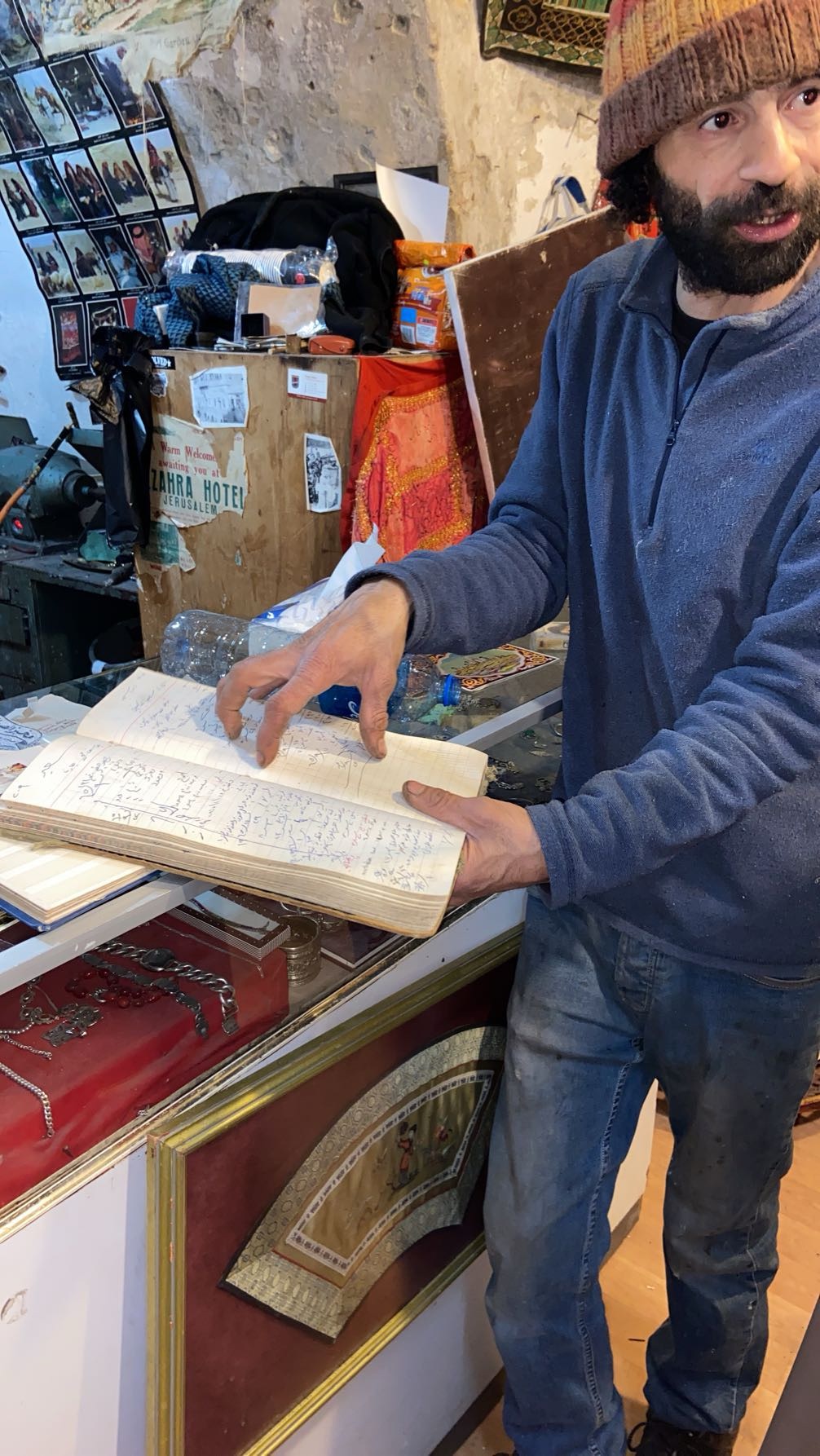
The Very Rev Canon Richard Sewell, Dean of St. George’s College Jerusalem added: “We are very concerned about the arrangements for Ramadan in Jerusalem this year and we fear that the Israelis will prohibit access to Al-Aqsa for many, many Muslims. This will also have an effect on Easter celebrations. The tight restrictions caused by the war means that day-to-day life for Palestinians, both Muslims and Christians is very severely impacted.”
Rev Sewell has also spoken out on the broader impact on religious communities. “The conflict disrupts not only Muslim practices but also those of Christians,” he says. “Tight restrictions and heightened tensions make it challenging to celebrate our respective festivals in peace.
“The restrictions last Easter, even before the war began, were very tight. The Israelis are restricting the number of Christians in the old city and in the church of the Holy Sepulchre for the historic annual service of Holy Fire. This is causing major upset and disruption to celebrations of Easter.”
The ongoing conflict in Gaza has not only impacted those living in the area, but also people living in the occupied West Bank.
UNICEF’S Regional Director for the Middle East and North Africa stated: “This year has been the deadliest year on record for children in the West Bank, including East Jerusalem, with conflict-related violence reaching unprecedented levels.”
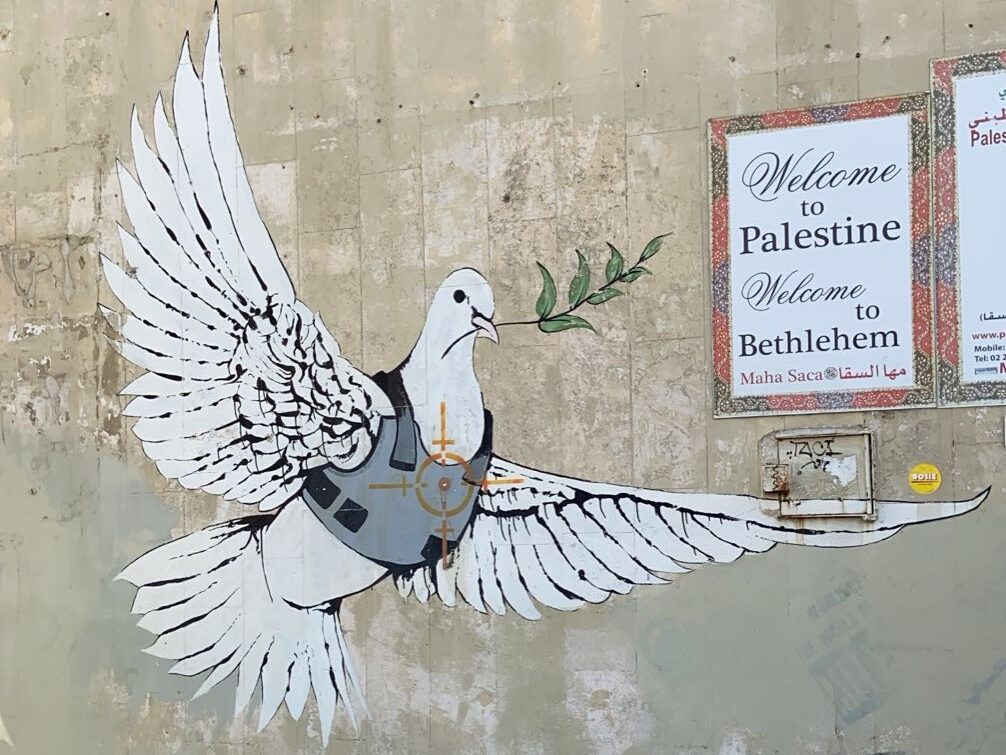
A report released today by the Palestinian Ministry of Health, also revealed the catastrophic levels of acute food insecurity are reportedly intensifying across Gaza, with growing reports of families struggling to feed their children and a rising risk of hunger-induced deaths in Northern Gaza.
The Global Nutrition Cluster is reporting a steep rise in malnutrition among children, as food and safe water become increasingly scarce, and disease proliferates. In Northern Gaza, one in six children under the age of two (15.6 per cent) who were screened at shelters and health centres in January this year were found to be acutely malnourished. Prior to October 7, this figure was just 0.8 per cent.
Rev Sewell also warned that following the conflict, numerous shops in the Old City have closed. He continued: “The presence of soldiers and armed police in much higher numbers means that Palestinians do not feel it is safe to walk around in many parts of the city. Many people stay at home and their lives have shrunk. In the West Bank life is also incredibly difficult, because of the impact on the economy and restrictions caused by the occupation, running things very tightly, and not permitting people who used to work in Israel to come through the checkpoints.”
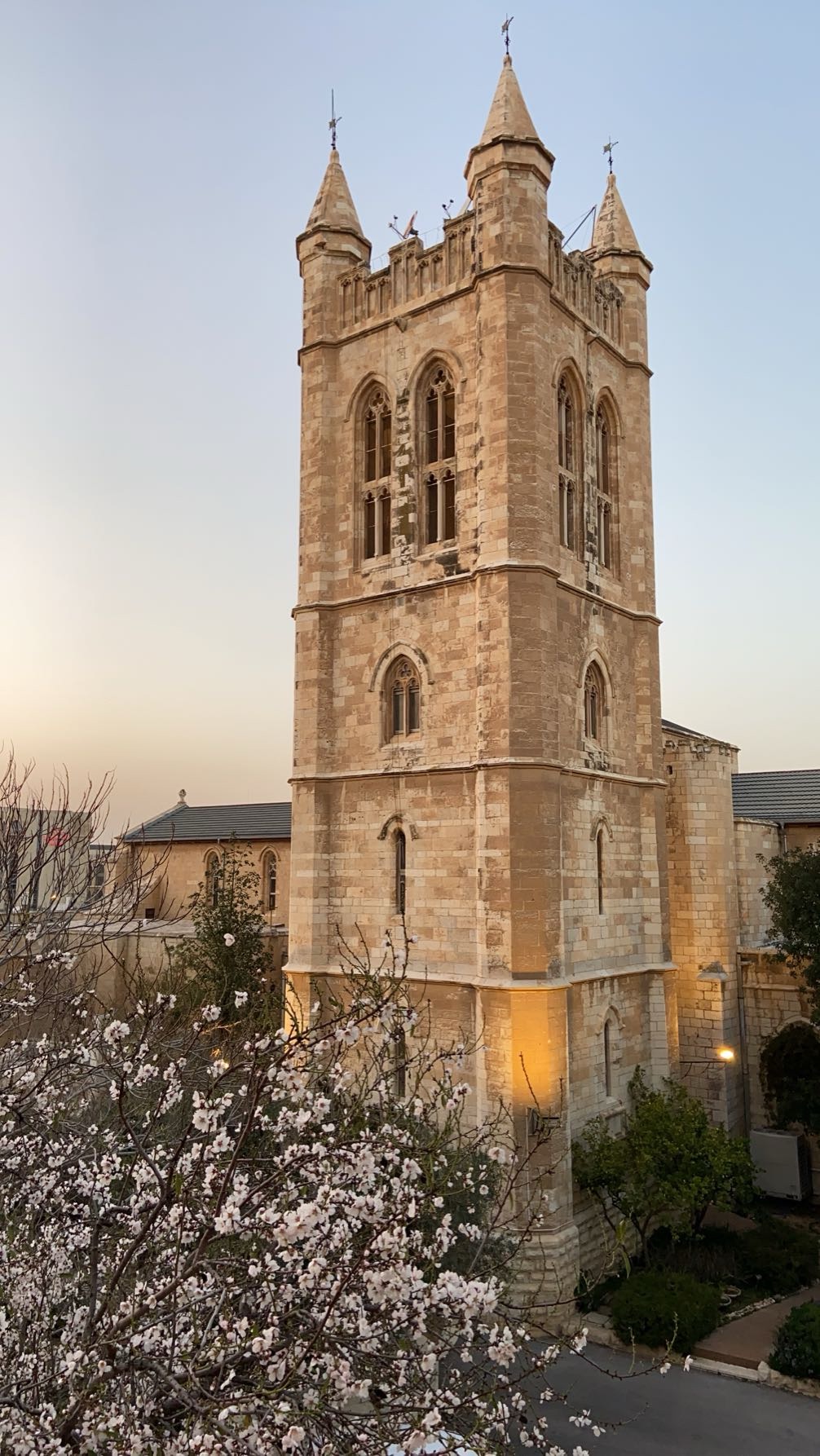
As the conflict rages on, concerns mount about the toll on civilian lives. Historical data reveals a troubling pattern of violence during Ramadan, with casualties mounting in previous years’ incidents including raids on the Al-Aqsa Mosque. Prior to October 7 the most recent incident took place in April 2023 when Al Jazeera reported Israeli police officers attacked worshippers. This year’s unrest amplifies fears of further escalation, casting a sombre shadow over the holy month.
What is Ramadan?
The month of Ramadan is the holiest month of the Islamic year as it is when the Qur’an was revealed to the Prophet Muhammad (peace be upon him). Muslims around the world fast during daylight hours, meaning they abstain from eating, drinking or engaging in sexual relations for the duration of their fast. Young children, the old, the sick, travellers and women who are breastfeeding or menstruating are exempt from fasting.
Aside from fasting, Muslims observing Ramadan also increase their spiritual devotional acts through prayer, giving to charity and strengthening family ties. Muslims are encouraged to share their food with friends, family and neighbours and to reach out to those who may be fasting alone, to share their Ramadan experience.
Why do Muslims fast?
Fasting is one of the five pillars of Islam. A key objective of fasting is to work towards an increase in Taqwa (closeness to God), and to engender a sense of gratitude, self-discipline and self-improvement, at both an individual and community level, which Muslims are encouraged to continue throughout the year. At an individual level, fasting encourages members of the Muslim community to feel an affinity with the poor across the world who have little or no food to eat. At a community level, the breaking of fast meal (Iftar) at sunset encourages families and local communities to share their meal together, whilst charity work in local communities typically increases during Ramadan.

